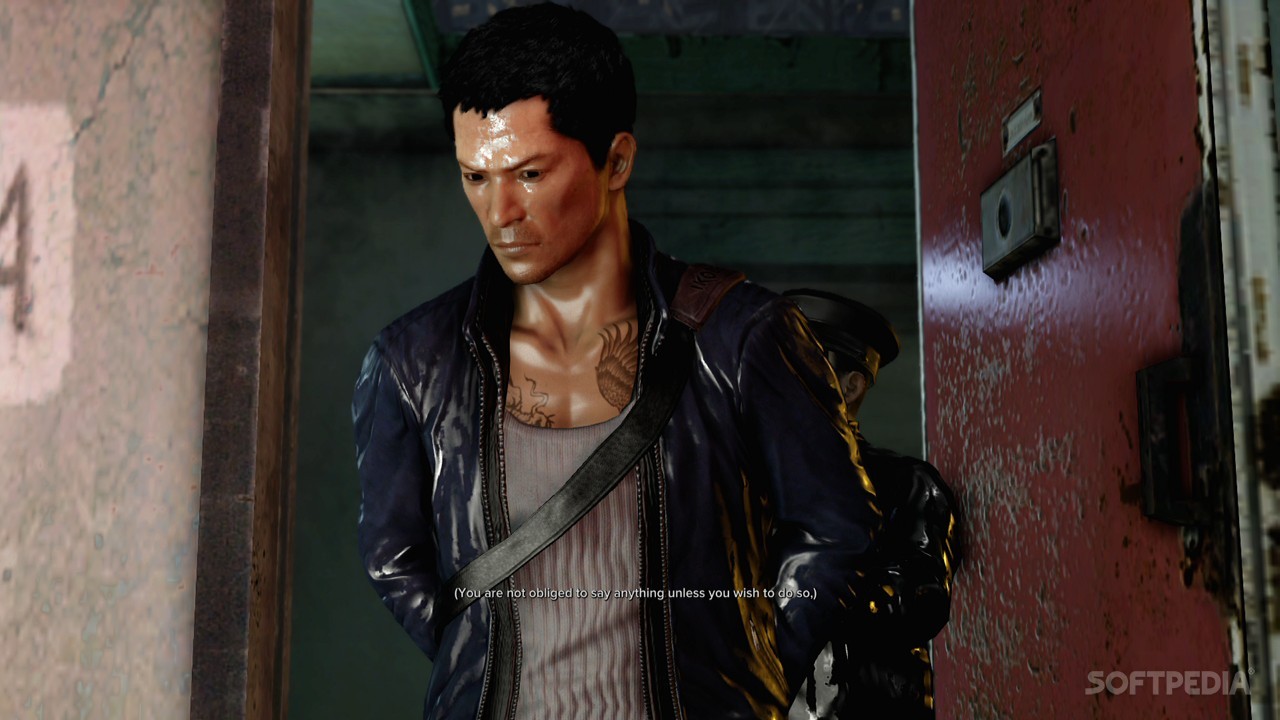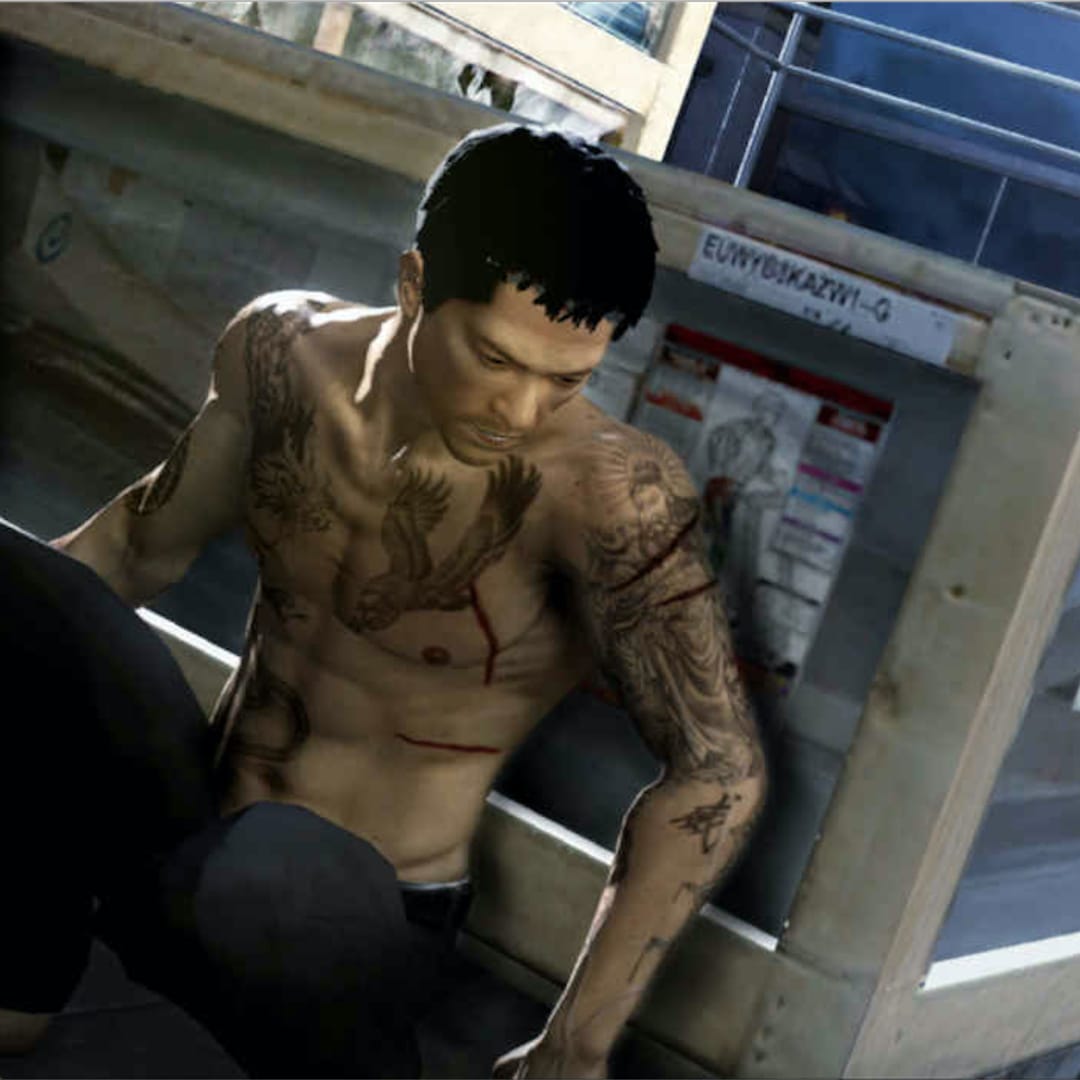

Another such game is Sleeping Dogs, a masterful blend of action gaming and Hong Kong crime drama narrative that never lets up. Like a great novel, I go back to these games time and time again. Some of these titles represent my all-time favorites Red Dead Redemption, GTA San Andreas, Mafia II, the list goes on. Modern players can live their virtual free-roaming lives as samurai, cowboys… even Homer Simpson. Since the earliest days of Shenmue and GTA III, open world gaming has constantly set new standards of excellence for the single-player experience. The irony is that in United Front Game’s epic Sleeping Dogs, that we live Wei’s life for many, many days, and while these days may be action-packed, they are nowhere near as glamorous as our parking lot attendant assumes. Taken at face value, it seems like a perfectly natural sentiment. This wistful line is sighed by a parking lot attendant as he retrieves one of Hong Kong police detective Wei Shen’s exotic street racers. Not just during key plot points, but with every single step.“I wish I could live your life. Sleeping Dogs understood that in order to tell its story effectively, it needed you to experience the dilemma at the heart of Shen's existence.

You are at once both hero and villain, with the choices - and consequences - ultimately yours. It's not about choosing whether to be a hero or a villain. This might mean a violent environmental kill of a rival - while taking care not to damage public property with your getaway. This system forces you to actively think like Shen, blending in with the Triads while not losing the respect of the Cops. Face isn't really relevant here, but your Cop score is raised by being a good guy, and your Triad by being a bad guy.īy making these skills so connected, rather than setting them as opposite ends of a spectrum, Sleeping Dogs' morality is much more realistic than other games. Unlike Paragon and Renegade, these skills can - and should - be raised simultaneously. There are three main skills to raise in Sleeping Dogs: Cop, Triad and Face. Sleeping Dogs melds the idea of good and evil together seamlessly, and creates a much more realistic and engaging morality. But Mass Effect's system is a binary choice, and clearly many preferred the clean-cut nature of a Paragon run. I punched the reporter every time, I called the Hanar a big stupid jellyfish and I kicked the guy out of the window. Personally, I loved the Renegade playthrough. On that bastard-coated-bastard point though, Mass Effect developer John Ebenger recently revealed that 92% of that game's players actually played Paragon: the good guys. Maybe it's because social media makes us all so angry that there are so many bastard-coated-bastards out there and we're so desensitized to shooter violence that being bad just feels so cathartically good. Perhaps it's because, burdened by student loans, long hours for minimal pay and a skyrocketing divide between the haves and the have-nots, our real lives often seem devoid of choices. Morality and choice in games is very in vogue right now. It might not have anything particularly unique at its core then, but it nails one aspect of its story to the floorboards, in a way that many games since have tried and mostly failed to replicate: duality. The Departed (itself based upon a Hong Kong cop saga in Internal Affairs) is the best modern example of the undercover cop story, but it's a narrative that goes back beyond 1949's White Heat, bypassing Reservoir Dogs, Prince Of The City and even White Chicks, which as we all know is White Heat's long-awaited sequel. The only catch is that many of Shen's friends and even family are Triad members, and he must - dun dun dun - choose which side of the law his loyalty lies on. You play as Wei Shen, a Chinese-American cop who must go undercover in the Triads. It's open-world, released at the height of Assassin's Creed's popularity and the year before GTA 5. Sleeping Dogs isn't the most original game out there.


 0 kommentar(er)
0 kommentar(er)
